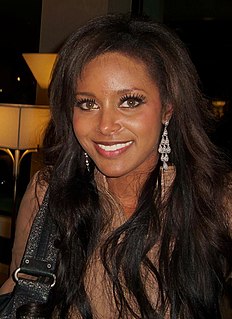A Quote by Cillian Murphy
I guess because theater's so ephemeral and it's gone. You make this nightly contract with the audience and you redraw that contract for the next night, whereas film and television, it's forever. I suppose it's always about adopting personas, never about being yourself. I think they call it a "shy man's revenge."
Related Quotes
If you mess up the performance on stage, you do it again the next night. You're like alright, you let yourself off the hook, and you've got to go back in there. Whereas, with a film, I would go home and be like, "Well, I've ruined the arc of the character forever. That scene is never going to work. I know because I can never shoot it again." So, it's all miserable, but in different ways.
Yeah, the first contract I signed, that was the first time I realized, Oh man, never mind, I don't want to do this anymore, but it was too late. I realized it was a bad thing because I wanted to try out for 'American Idol' and all these different things couldn't do that because I was in this contract.
So I called and said, 'Mommy, I'm doing a political film with Jean-Luc Godard. You have to come and sign the contract.' She thought I was lying, so she hung up the phone. But then she came the next day, even though she had never taken an airplane in her life. She came to Paris and she signed my contract.
What I did sign was a tentative contract with Impact Wrestling when they were still Impact. That contract had a clause for me, because I was already working on some stuff in other areas of television. That clause basically said that if something else in television were to happen for me, they can't be uncooperative.
The first thing I say when people ask what's the difference [between doing TV and film], is that film has an ending and TV doesn't. When I write a film, all I think about is where the thing ends and how to get the audience there. And in television, it can't end. You need the audience to return the next week. It kind of shifts the drive of the story. But I find that more as a writer than as a director.
Being on a film set is like being in tech forever. In theater, when you finally finish rehearsing, you go onstage and you do the lights and the sets and you make the machine of the production work. It takes usually about ten days in the theater, two or three weeks if it's a really big musical. I mean, it's hell on earth. You just sit around forever while they adjust the lights. And every playwright with half a brain runs for the hills when tech starts because it's so boring, and you don't want to talk to the director because the director is running this giant machine.


































